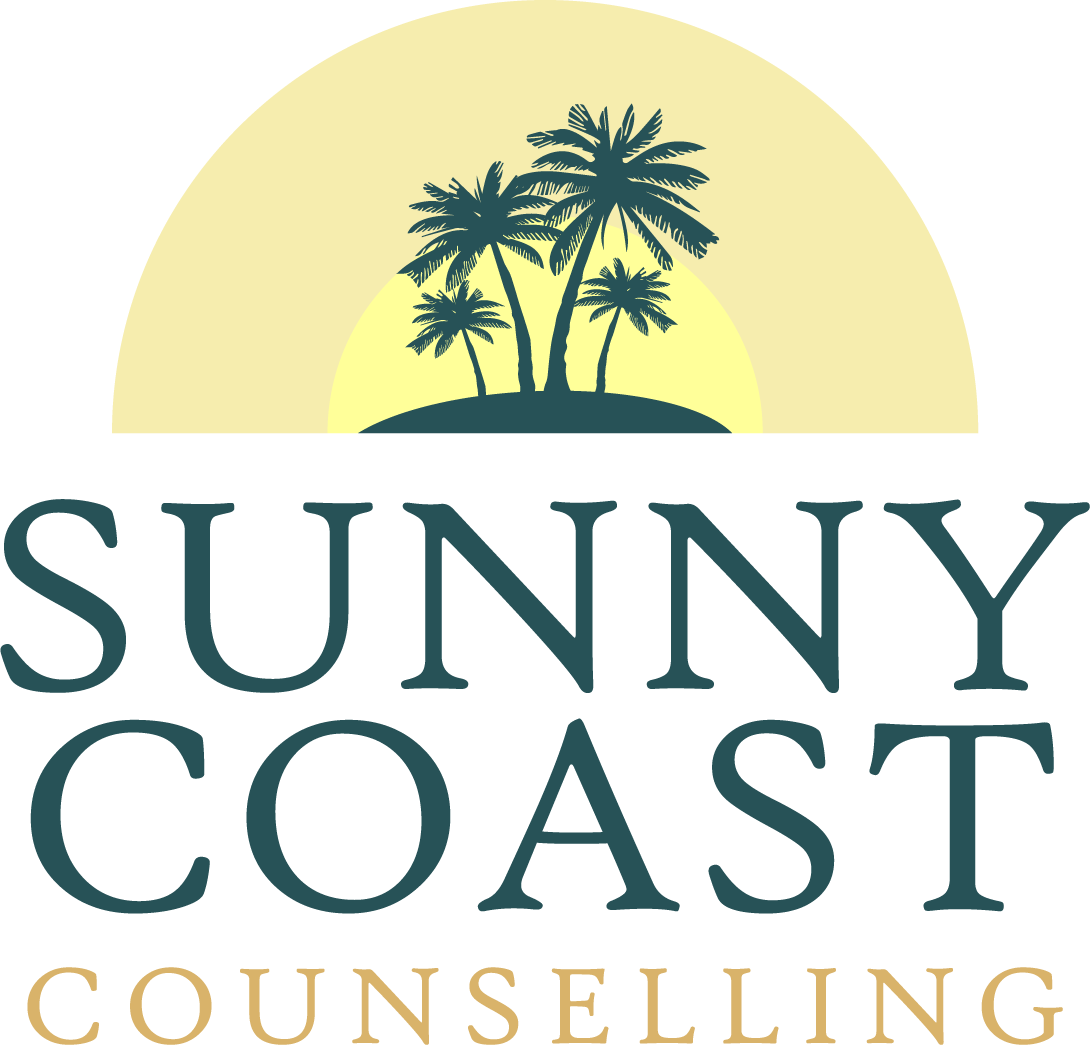Erik Erikson, a prominent developmental psychologist, formulated a comprehensive theory of psychosocial development that spans across the entire human lifespan.
Erikson’s theory consists of eight distinct stages, each presenting unique challenges and opportunities for personal growth and identity formation. These stages, from infancy to late adulthood, highlight the interplay between social interactions and internal conflicts in shaping an individual’s psychological well-being. In this blog post, we will explore Erik Erikson’s Stages of Psychosocial Development and its relevance to counselling.
Erikson’s Eight Stages of Psychosocial Development
- Trust vs. Mistrust (Infancy): The first stage, occurring from birth to around 18 months, is characterized by the development of trust and security. Infants learn to trust or mistrust their caregivers based on the consistency and responsiveness of their care. Counselling can play a vital role in supporting parents and caregivers in building secure attachments and providing nurturing environments that foster trust and emotional stability in infants.
- Autonomy vs. Shame and Doubt (Toddlerhood): During toddlerhood (18 months to 3 years), children assert their independence and develop autonomy. Counselling can assist parents in understanding and responding to their toddlers’ need for autonomy while providing appropriate boundaries. By supporting children’s autonomy, parents can nurture their self-esteem and reduce feelings of shame and doubt.
- Initiative vs. Guilt (Preschool): The preschool years (3 to 5 years) bring a desire for initiative and exploration. Counselling can help children develop a sense of initiative by encouraging their curiosity and creativity while avoiding excessive criticism that may lead to feelings of guilt and self-doubt.
- Industry vs. Inferiority (School Age): School-age children (6 to 11 years) seek to master new skills and accomplish tasks. Counselling can be instrumental in fostering a growth mindset, where children view challenges as opportunities to learn and grow. By encouraging a sense of industry, children can develop feelings of competence and achievement.
- Identity vs. Role Confusion (Adolescence): Adolescence (12 to 18 years) is a pivotal stage for identity development. Counselling can guide teenagers in exploring their values, beliefs, and interests, helping them form a coherent sense of self. By resolving identity crises, adolescents can develop a strong foundation for healthy relationships and life choices.
- Intimacy vs. Isolation (Young Adulthood): Young adulthood (19 to 40 years) is characterized by the desire for intimate relationships. Counselling can support individuals in forming healthy and meaningful connections, addressing fears of intimacy, and building strong interpersonal skills.
- Generativity vs. Stagnation (Middle Adulthood): Middle adulthood (40 to 65 years) involves the desire for generativity—a sense of contribution to future generations. Counselling can help individuals navigate midlife transitions, find meaning in their accomplishments, and seek fulfillment through personal growth and giving back to their communities.
- Integrity vs. Despair (Late Adulthood): Late adulthood (65 years and beyond) prompts reflections on life experiences and achievements. Counselling can assist older adults in finding a sense of integrity and acceptance of life’s outcomes, fostering feelings of contentment and wisdom.
Relevance of Erik Erikson’s Stages in Counselling
Erikson’s Stages of Psychosocial Development provide a comprehensive framework for understanding an individual’s developmental journey and the challenges they may face at each stage. In counselling, this theory serves several purposes:
- Assessment and Understanding: Counsellors can use Erikson’s stages to assess a client’s developmental history and gain insight into how past experiences may be influencing their present concerns and behaviors.
- Intervention Planning: Understanding the stage an individual is in can guide counsellors in tailoring appropriate interventions and strategies that align with the client’s unique needs and developmental tasks.
- Identifying Developmental Delays: Erikson‘s theory can help counsellors identify potential developmental delays or unresolved conflicts that may be contributing to the client’s current challenges.
- Promoting Growth and Resilience: By addressing developmental tasks and conflicts, counselling can help individuals achieve positive resolutions, enhance resilience, and promote personal growth.
- Supporting Parenting and Family Dynamics: Erikson’s stages offer valuable insights for parents and families, assisting them in providing supportive and nurturing environments that foster healthy development in children and adolescents.
In conclusion, Erik Erikson’s Stages of Psychosocial Development provide a valuable framework for understanding the complex interplay between social interactions and psychological development throughout the human lifespan. In counselling, this theory guides interventions that support individuals in resolving developmental conflicts, forming positive identities, and achieving psychological well-being. By acknowledging the significance of each developmental stage, counsellors can tailor their approach to meet the unique needs of their clients and promote growth, self-awareness, and personal fulfillment.
If you’d like to start your counselling journey, click here to make an appointment.

